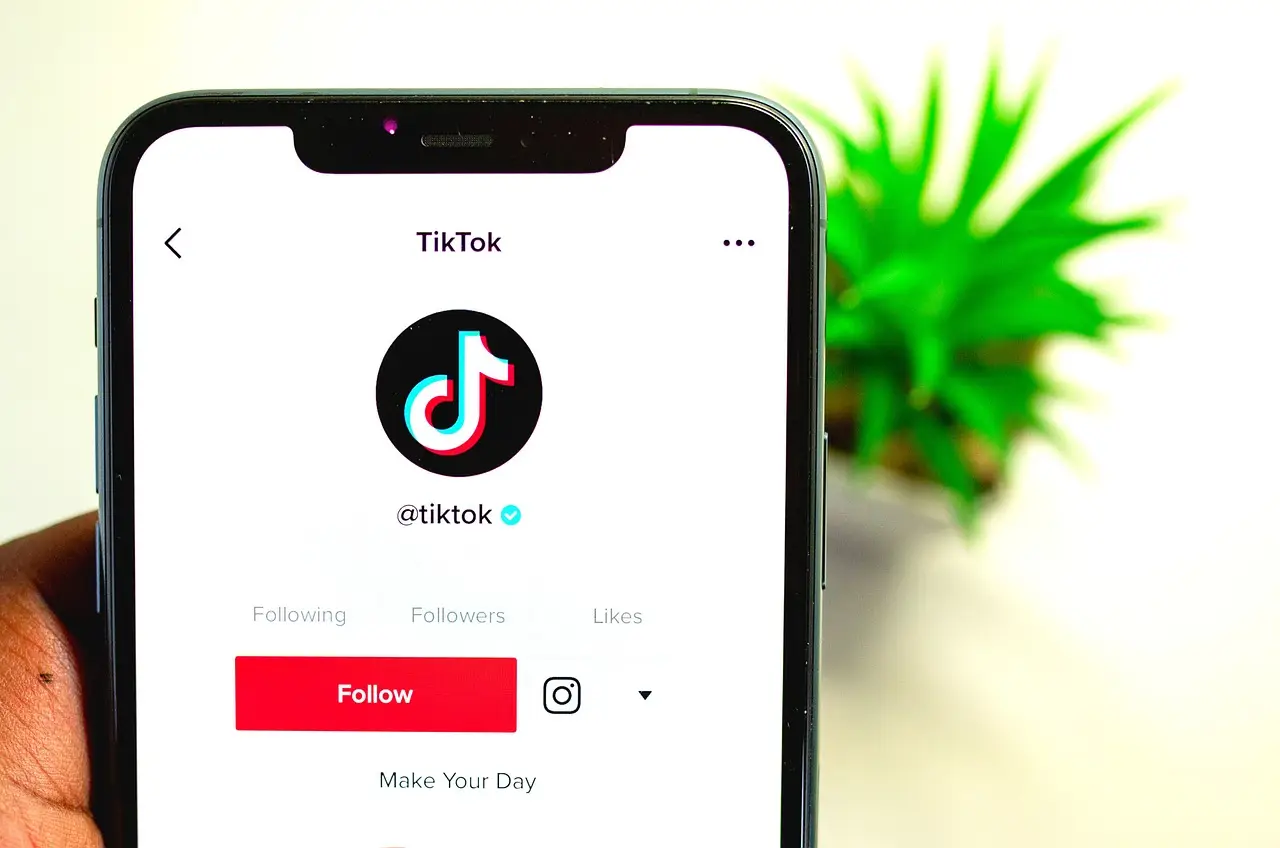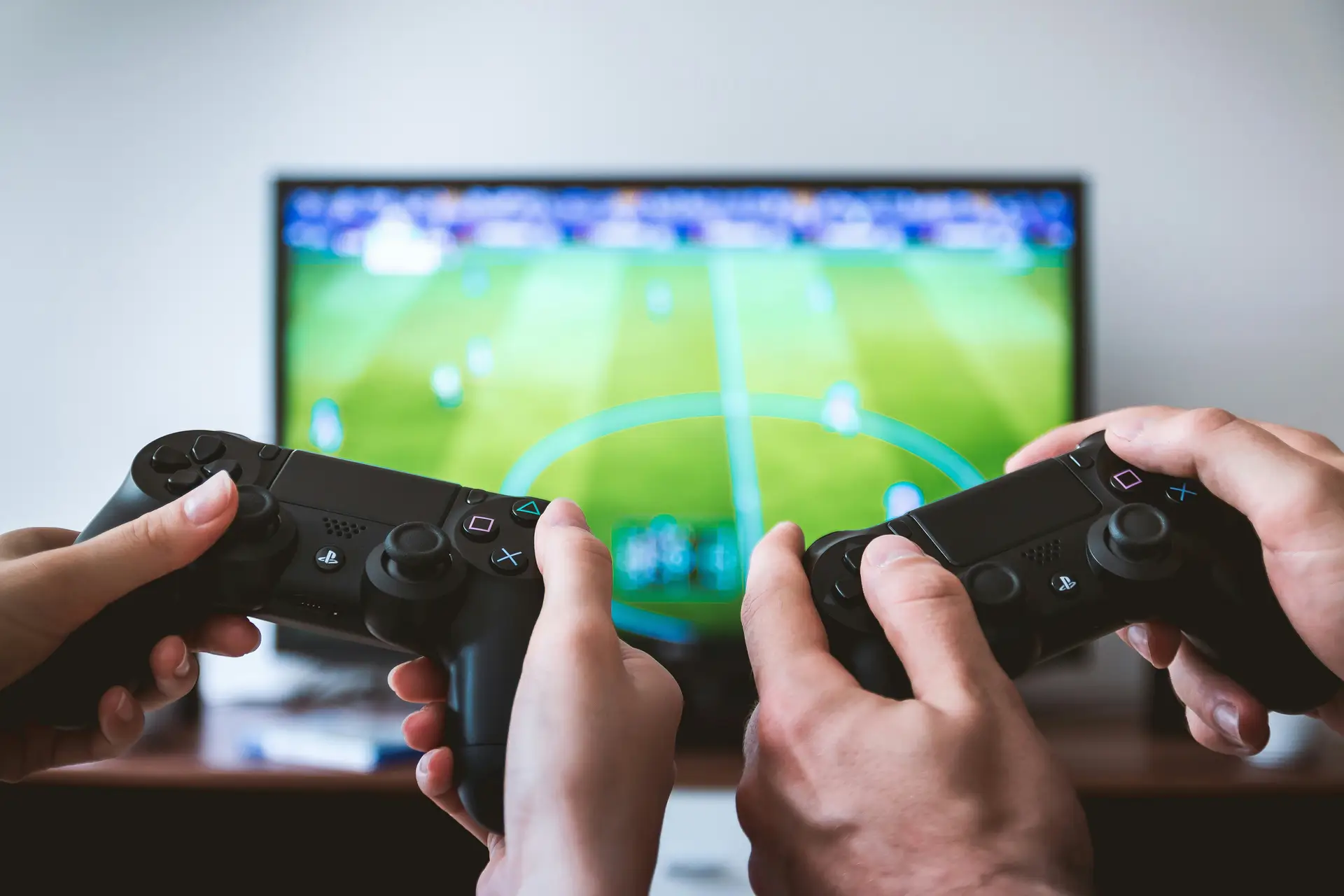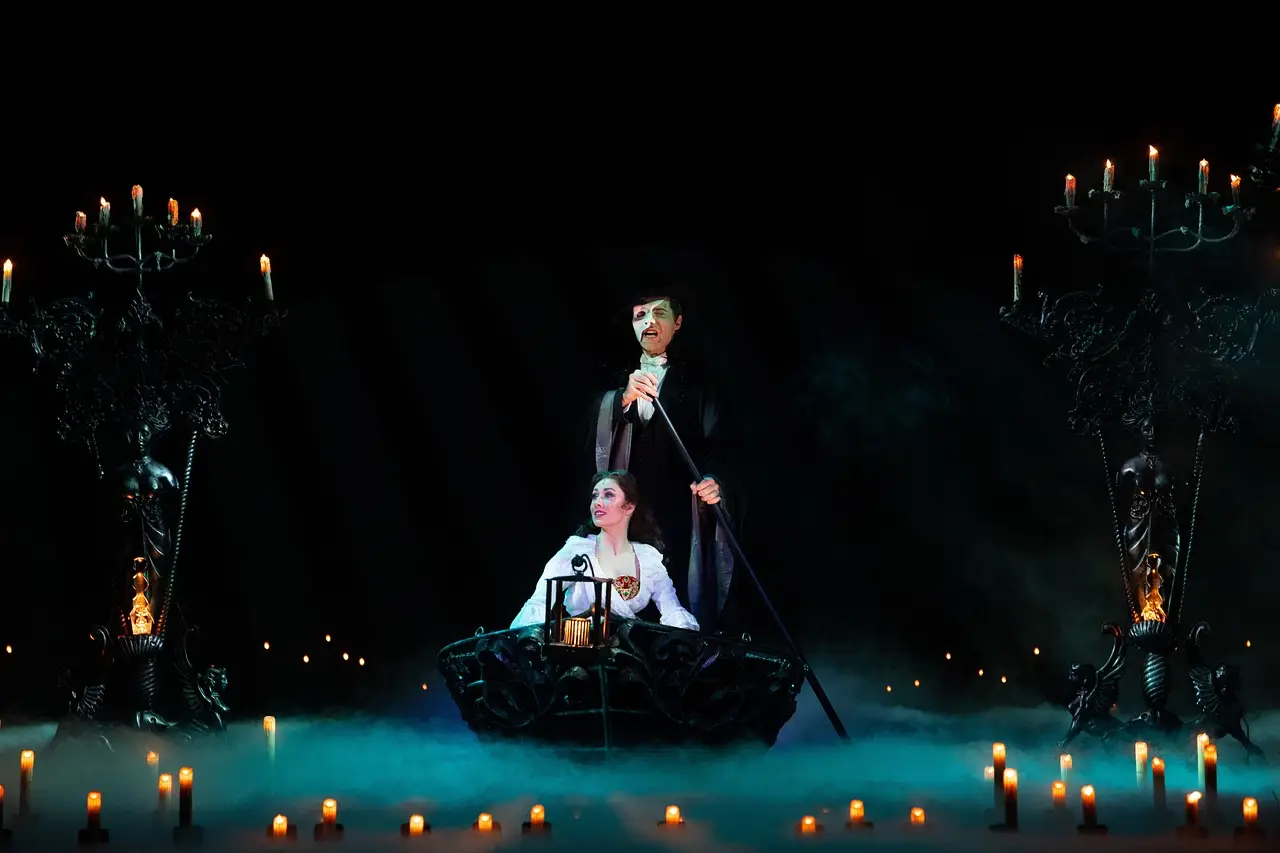How Social Media is Transforming Entertainment in the Digital Age?
The evolution of entertainment in the digital age has been monumental, characterized by rapid technological advancements and changing audience preferences. As traditional media platforms faced challenges from innovative digital solutions, social media emerged as a powerful tool that shapes how entertainment is consumed, produced, and interacted with. The introduction of sites like Facebook, Instagram, TikTok, and YouTube has transformed audience engagement from passive viewing to active participation. This article argues that social media has profoundly influenced modern entertainment by altering content consumption habits, changing production dynamics, and significantly impacting audience engagement.
I. Transformation of Content Consumption
A. Shift to On-Demand Viewing
The rise of streaming platforms such as Netflix, Hulu, and Disney+ marks a significant shift in how content is consumed. These platforms rely heavily on social media marketing to attract viewers and promote their programs, making it essential for them to engage their audience directly through social channels. The demand for instant access to entertainment has fostered a binge-watching culture, where viewers often consume entire seasons of TV shows in one sitting. This shift has sparked a significant change in how entertainment businesses strategize their releases and marketing approaches.
B. User-Generated Content
Social media platforms like TikTok and YouTube have facilitated the emergence of user-generated content, which has impacted traditional entertainment industries, including music and film. The accessibility of creation tools has empowered individuals to produce and share their content, often leading to viral trends that can catapult unknown creators into stardom. For instance, songs that gain popularity on platforms like TikTok can achieve mainstream success long before they hit radio or traditional charts, demonstrating the power of social media in shaping musical entertainment.
C. Trends and Viral Content
 The role of hashtags and social media challenges in promoting entertainment cannot be overstated. Such trends allow content to go viral, reaching millions within a matter of hours. Social media algorithms play a crucial role in the discovery and dissemination of entertaining content, ensuring that audiences are presented with the latest and most engaging materials tailored to their interests. This environment fosters a cycle where trending content influences future media productions, creating a feedback loop between audience desires and entertainment offerings.
The role of hashtags and social media challenges in promoting entertainment cannot be overstated. Such trends allow content to go viral, reaching millions within a matter of hours. Social media algorithms play a crucial role in the discovery and dissemination of entertaining content, ensuring that audiences are presented with the latest and most engaging materials tailored to their interests. This environment fosters a cycle where trending content influences future media productions, creating a feedback loop between audience desires and entertainment offerings.
II. Changes in Production and Distribution
A. New Production Models
The advent of crowdsourcing and crowdfunding represents a fundamental shift in how entertainment projects are financed. Creators can now appeal directly to their audience for funding through platforms like Patreon or Kickstarter, reducing reliance on traditional funding methods. Additionally, collaborations between social media influencers and producers are becoming more commonplace, merging entertainment and influencer marketing, which can yield highly effective promotional outcomes.
B. Direct-to-Consumer Strategies
Subscription services have become the norm, with companies utilizing social media trends to guide their offerings. Successful campaigns, such as the promotion of Netflix originals, demonstrate how social media can effectively build anticipation and audience loyalty for new releases. This direct-to-consumer strategy empowers entertainment companies to bypass traditional distribution methods and engage with viewers in ways that resonate with their evolving preferences.
C. Influence of Audience Feedback
Real-time feedback from audiences significantly shapes content decisions in the contemporary entertainment landscape. Social media allows for immediate responses to new releases, which can inform producers on audience preferences and necessary adjustments. Engagement metrics—likes, shares, and comments—play a pivotal role in determining the direction of future productions, making audience involvement a cornerstone of modern entertainment creation.
III. Audience Engagement and Interaction
A. Fostering Community through Social Media
Social media has facilitated the creation of vibrant communities around various forms of entertainment—TV shows, movies, and music. Fans can connect, share theories, and participate in discussions, creating a sense of belonging that enhances their entertainment experience. Events like watch parties or live Q&As on platforms like Instagram or Twitter foster direct interaction between creators and audiences, further strengthening these communities.
B. Influencer Culture in Entertainment
The rise of influencers has revolutionized entertainment, leading to a new genre of influencer-led content that blurs the lines between traditional media and everyday life. Influencers promote products and content through relatable narratives, allowing brands to engage with consumers organically. Endorsements have thus evolved, creating a symbiotic relationship between influencers and entertainment entities seeking authentic connections with their audiences.
C. The Role of Social Media in Event Promotion
Promoting live events, including concerts, film releases, and festivals, has been transformed by social media. Platforms like Twitter and Instagram enable real-time promotion and engagement with potential attendees. Successful campaigns that leverage the virality of social media, like surprise concert announcements or film teaser trailers that quickly gain traction, illustrate the effectiveness of this newer approach to event marketing.
IV. Challenges and Criticisms
A. Over-saturation of Content
One challenge of the current entertainment landscape is the over-saturation of content available to consumers. With countless options vying for attention, audiences may find it difficult to navigate through an abundance of entertainment choices, leading to the critical debate on quality versus quantity. This overwhelming environment can dilute the impact of truly innovative or artistic works that struggle to be noticed.
B. Mental Health Considerations
Social media's influence on entertainment also has mental health implications. The constant exposure to curated images and lifestyles can lead to unrealistic consumer expectations and lowered self-esteem among audiences. Furthermore, the addictive nature of social media can perpetuate a cycle of constant entertainment consumption, making it challenging for individuals to disengage.
C. Misrepresentation and Misinformation
The entertainment industry faces challenges involving the dissemination of fake news and misinformation, often driven by social media narratives. The rapid spread of unverified information can lead to misunderstandings and negatively impact the reception of projects. Additionally, poorly managed online narratives and rumors can cause significant reputational harm to creators and productions.









